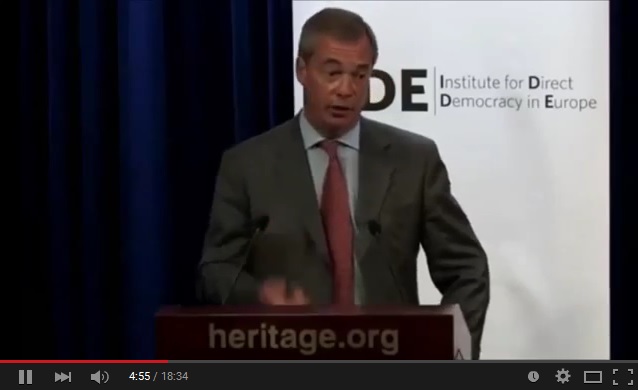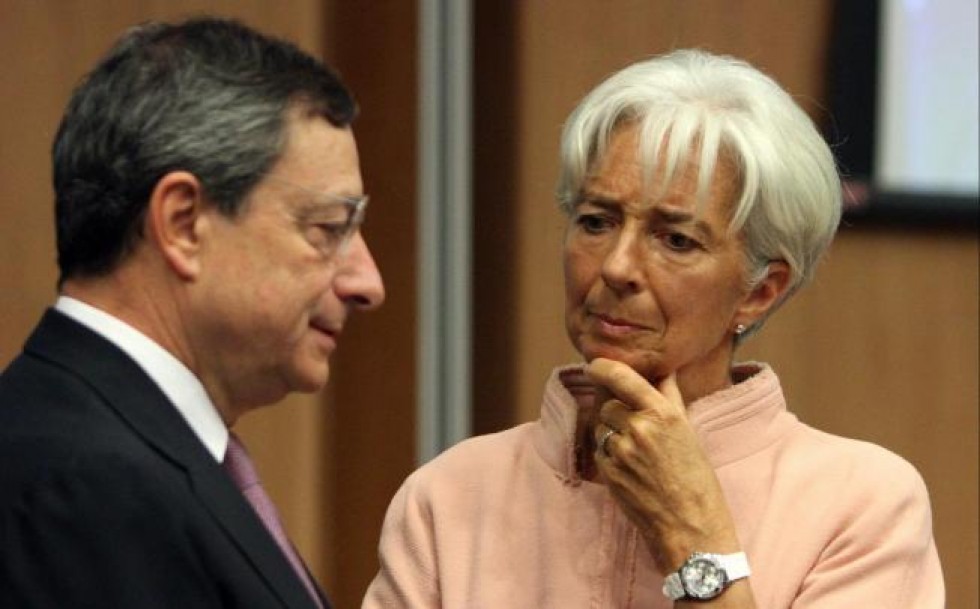The University of Cambridge economist Nicholas Kaldor was first to warn that the euro would divide Europe (reprinted in Kaldor 1978). His critique came in March 1971 as a response to the Werner Commission Report, which presented the original blueprint of what would eventually be the euro area’s architecture (Werner 1970). Kaldor wrote that a single monetary policy (and the accompanying one-size-fits-all fiscal policy framework), when applied to diverse European countries, would cause their economies to diverge from one another. The logic was simple: a monetary policy that is too tight for one country can be too loose for another. The economic divergence, Kaldor said, would cause a political rift. Such warnings continued. The University of Chicago economist and Nobel laureate Milton Friedman (1997) predicted that the euro’s flawed economics would “exacerbate political tensions by converting divergent shocks that could have been readily accommodated by exchange rate changes into divisive political issues”.
European leaders dismissed such naysayers. They insisted that the single currency would bring Europeans closer into a political union (Sutherland 1997).
A permissive consensus?
The discourse on the possibility of political union in Europe was conducted mainly within a group of so-called elites. These elites – political leaders and bureaucrats – had little basis to presume that national interests could be reconciled to unify Europe. But they made the further assumption that they had a “permissive consensus” from the public to make far-reaching decisions on European matters (Mair 2013). As I argue in a forthcoming book (Mody 2018), the permissive consensus began to break down about the time the single European currency became a political reality. Following the signing of the Maastricht Treaty in February 1992, the Danish public rejected the single currency in a referendum held in June 1992. And in September 1992, the French public came within a whisker of rejecting the single currency.
…click on the above link to read the rest of the article…







